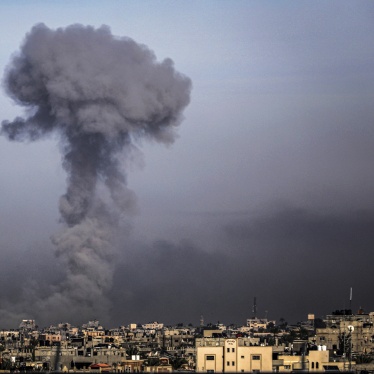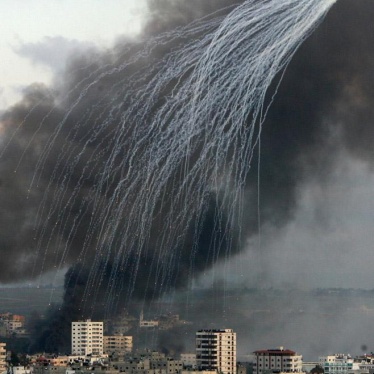Thank you, Chair.
The Cluster Munition Coalition (CMC) opposes the retention of cluster munitions because states have not demonstrated that any of the purposes for retaining cluster munitions and submunitions justify an exception to the prohibition on stockpiling. The preceding discussions shows there are divergent views on the need to retain cluster munitions. It is notable that among countries that would seem to have similar requirements regarding such things as counter-measures, EOD training, and testing of equipment, some insist it is necessary to retain live cluster munitions, while others insist these tasks can be met in other ways, without any retention. While the convention allows for the retention of “the minimum number absolutely necessary” for training and research purposes, we firmly believe that most, if not all, states should determine that the minimum number of cluster munitions necessary is zero.
Forty States Parties have submitted initial transparency reports as of 12 April 2012. Thirty-three have indicated they will not retain any cluster munitions or submunitions. This includes 21 states that have never possessed cluster munitions.
Of the 19 States Parties that have officially declared possession of cluster munitions and explosive submunitions—either currently or in the past--it appears that seven will retain cluster munitions and 12 will not.
Former stockpilers Austria, Bosnia and Herzegovina, Bulgaria, Ecuador, Japan, FYR Macedonia, Montenegro, Norway, Portugal, and Slovenia have declared that they will not retain any cluster munitions or explosive submunitions. In addition, Croatia and Moldova have stated they are retaining only inert items that have been rendered free from explosives and no longer qualify as cluster munitions or submunitions under the convention.
On the other hand, seven States Parties - Belgium, Denmark, France, Germany, the Netherlands, Spain, and the United Kingdom - have indicated that they will retain cluster munitions and submunitions. The details of each case are presented in a Cluster Munition Monitor fact sheet available at the back of the room.
As long as some states continue to retain cluster munitions and submunitions, we call on states to take the following actions to ensure that this provision does not lead to the creation of de facto stockpiles or other actions which are not in line with the convention’s objectives.
There should be early discussions to determine the appropriate range of cluster munitions and explosive submunitions that are absolutely necessary for the purposes permitted by the convention. At present there is a wide range of practice and views expressed about what quantity states should keep. Of the five States Parties that have reported the number of submunitions they are retaining, the numbers range from less than 1,000 (UK) to more than 26,000 (Belgium), with others coming in at about 10,000 (France), 15,000 (Spain), and 24,000 (Netherlands). Denmark and Germany have indicated their intent to retain but are still in the process of determining the types and/or quantities.
The transparency provisions in Article 3.8 must be fully respected, as well as the corresponding commitments in the Vientiane Action Plan. The convention requires detailed annual reporting on past and planned use of retained cluster munitions to ensure they are being kept only for permitted purposes. The reporting on actual uses of retained cluster munitions has thus far been, for the most part, limited and incomplete.
Those states that are retaining cluster munitions should keep the number under constant review and destroy any found to be in excess of the minimum number strictly required. Cluster munitions not being used over time for permitted purposes should be destroyed. In addition, the number of cluster munitions retained should be decreasing every year as they are used for permitted purposes. And again, all such information should be the subject of detailed reporting.
Thank you.







